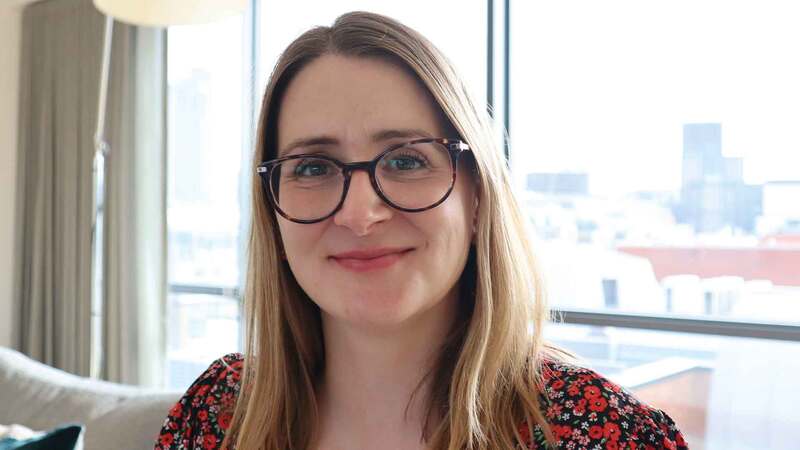You are viewing your 1 free article this month. Login to read more articles.
'Significant' piracy problem explored at New York's BISG
The best thing about the Book Industry Study Group’s annual meeting in New York last Friday (27th April) was that despite sluggish trade sales and challenges facing the business – from old problems roaring back, like returns and piracy, to that new mystery, blockchain technology – there was nevertheless a core of optimism about the industry, and about BISG’s role.
The 175 people (up by 40) attending were proof that in the 18 months since executive director Brian O’Leary arrived, the organization has turned itself around from crisis, at a time when it’s more important than ever to get all sectors talking under one roof, and liaising with sister organizations across the Atlantic.
Pearson supply chain s.v.p. Stephen Day, over from London, admitted “how naïve we’ve been” vis-à-vis piracy. Given the company’s “significant revenue misses” of the past two years, it has accelerated audits in manufacturing, and found that “piracy is a bigger issue even than we had thought.” He spoke of Pearson’s “intercept tag,” an initiative whereby it will be possible to track each book as an individual object.
However, Copyright Clearance Center’s Michael Healy emphasized that so long as we fail to educate and develop standards and licensing tools enabling users to obtain the content they want legally while paying publishers and creators royalties, we invite “a potential full-frontal piracy assault.” We need to make the ROI case that it’s worth spending money on education and tools, he said.
The increase in returns ran through several panels. In a discussion on distribution, Dane Neller, owner of New York independent Shakespeare & Co, and a founder of the Espresso Book Machine, set out to prove that selling everything returnable is “the false economy of a rigid system.” As stores get smaller, “we have to be able to match supply and demand” rather than lose a sale when a customer wants a backlist book that a store doesn’t have. It means “rethinking how books are delivered,” and making more available via in-store p.o.d., Neller advocated.
That tied in with a question posed by consultant Mike Shatzkin, who asked how the revolution in online buying has changed the mix in what’s selling. Oren Teicher, c.e.o. of the American Booksellers Association, pointed to an increase in nonfiction, and said midlist makes up a more important piece of sales today. Noah Genner, c.e.o. of BookNet Canada, referenced a recent study that showed backlist older than a year comprising 60%-plus of unit sales in Canada, “for the first time ever.”
David Barker, sales s.v.p. at ReaderLink Distribution, portrayed the big-box store as highly challenged: “The centre aisle, where books live, is under attack by fresh food.” Online ordering with delivery or pick-up at the door means a decrease in physical space for books, and fewer in-store eyeballs for serendipity. “Books are an impulse purchase and we have to be more innovative in discovery.”
The highest energy of the day came from neophyte bookseller Noelle Santos, an IT veteran poised to open The Lit.Bar in the Bronx this summer, through a crowd-funding campaign that raised almost $200,000. Barnes & Noble closed its last store in the Bronx – a borough of 1.4 million people - at the beginning of 2017. Now Santos, who “had never been inside an independent store” until she decided to change her life and tackle a bookselling desert, proclaimed that “the Bronx is burning with a desire to read.” With help from fellow indies, publishers, and the public, she intends to satisfy it.

















